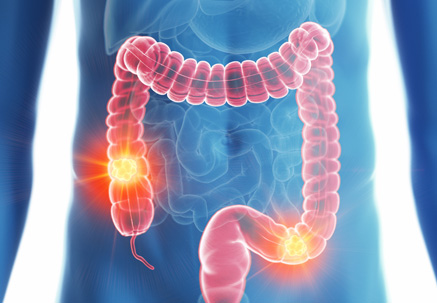Expected outcome
Overall outlook is variable depending on the stage the disease has reached when it is discovered. More than 50% of patients survive 5 years after surgery. The earlier the tumor is detected, the greater the chances for full recovery following treatment.
Possible complications
Spread to other body parts and death. Complications of surgery (infection, pneumonia, abscess).
How is colorectal cancer treated?
When you see a specialist, you will have an evaluation done which would include:
- Diagnostic tests may include laboratory blood studies
- Sigmoidoscopy (method of examining the rectum and lower part of the colon with an optical instrument with a lighted tip)
- Colonoscopy (method of diagnosing diseases of the colon by visual examination of the inside of the colon through a flexible colonoscope, a fiber-optic instrument with a lighted tip)
- X-rays of the colon (barium enema) ct scan
- Ultrasound.
Surgery
Surgery to remove the tumor. It is sometimes necessary to divert the bowel through a surgical opening in the abdomen (colostomy). If you have a colostomy, you will require special instructions for care of the opening.
Additional treatments
Sometimes, chemotherapy and/or radiation therapy may be necessary to treat the colorectal cancer before or after surgery. This decision is made with the help of Oncology and Radiation specialists.
When should I see/notify the specialist?
If you or a family member has symptoms of cancer of the large intestine, especially rectal bleeding or a significant change in bowel habits that lasts longer than 7 days. Also if symptoms of anemia develop (fatigue, paleness and rapid heartbeat).

